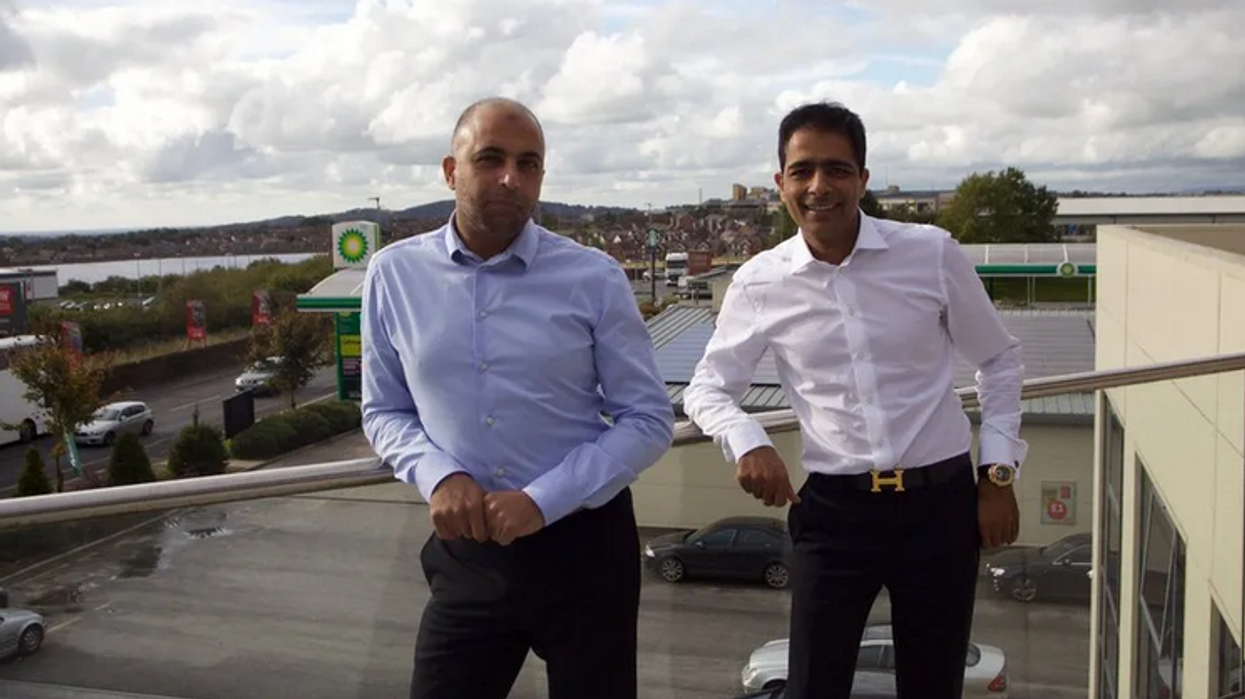SUPERMARKET chain Asda's private equity co-owner, TDR Capital, has downplayed worries over the supermarket's debt load, stating confidence in its ability to manage increased borrowing costs, reported The Telegraph.
Gary Lindsay, managing partner of TDR Capital, which co-owns Asda with billionaire brothers Mohsin and Zuber Issa, assured MPs of the Business Select Committee that Asda can navigate higher borrowing costs.
He dismissed concerns surrounding the substantial debt of £4.2 billion. The co-owners addressed MPs amid apprehensions regarding the impact of rising interest rates on Asda's financial stability.
The takeover of Asda by the Issas and TDR, valued at £6.8bn and finalised in early 2021, was marked by a substantial debt component.
Initially secured during a period of record-low interest rates at 0.1 per cent, borrowing costs have since surged to 5.25 per cent, posing challenges as Asda considers debt refinancing.
Despite the sharp increase in borrowing costs, Lindsay expressed confidence in Asda's ability to manage its current debt levels. He reassured the committee, stating, "We feel more than comfortable with the leverage level at Asda."
“We feel more than comfortable that when we decide to refinance the balance sheet in the next two or three years that the business can more than absorb that incremental cost," he was quoted as saying.
“We’ve invested organically £1.3bn in the business. That’s on some stores and clearly a very significant investment in colleagues.”
The debt-fueled takeover involved TDR and the Issa brothers expanding its reach by acquiring over 100 Co-op stores and the UK assets of the Issas' petrol station business, EG Group.
Lindsay emphasised that the debt concerns were part of the broader strategy to grow Asda.
Responding to concerns over fuel prices, TDR denied any intentional strategy to increase profits and emphasised the company's competitiveness in pricing across its business.
Emma Gilks, deputy general counsel at TDR, who joined Lindsay, defended the Asda setup as “extremely transparent”.
"The transparency of the Asda structure, considering its size and scale, is not uncommon. We consider it entirely fitting," she said.
Lindsay's appearance before the committee marks the third instance of Asda's backers addressing MPs. Previous sessions saw Mohsin Issa facing criticism for perceived evasiveness and later being recalled due to alleged misleading statements.





